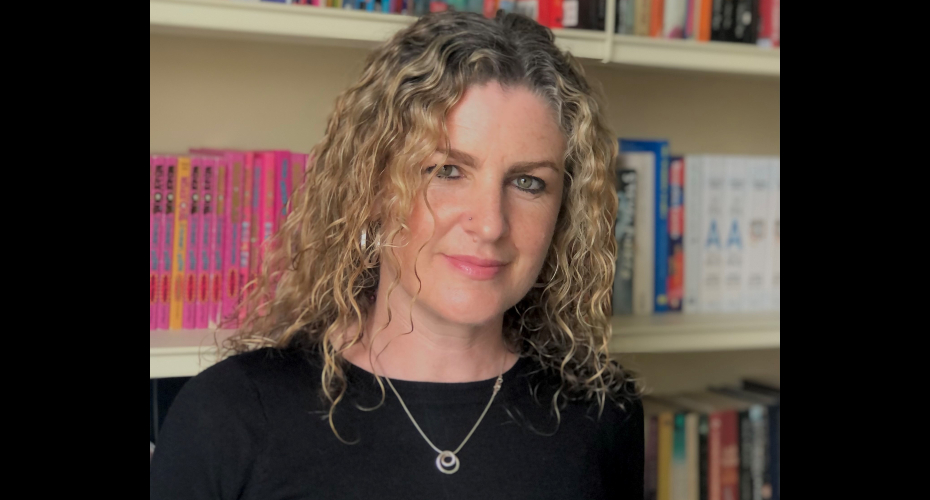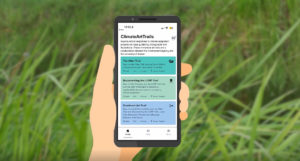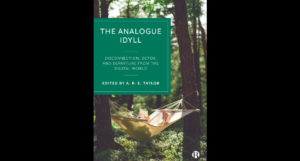Essential reading: scholar and author’s book chosen among the best for children

A children’s book written by a renowned author at the University of Exeter has been named as one of the most ‘essential’ titles of the genre.
Lubna and Pebble, by Professor Wendy O’Shea-Meddour, and illustrated by Daniel Egnéus, was chosen by The Atlantic as one of its 65 most essential children’s books.
The 2019 story about a child refugee who finds comfort and friendship in a pebble was described by the magazine as “offering ‘a child’s view of a global crisis” and was praised for the way it reminds readers “that friendship and tenderness can flourish even in frightening situations”.
It was listed alongside notable classics of the genre, including Where the Wild Things Are, Miffy and Green Eggs and Ham.
“I’m thrilled and deeply honoured – if a little surprised – to see Lubna and Pebble included on The Atlantic’s list of ‘essential reads’,” said Professor O’Shea-Meddour, Director of Creative Writing in the Department of English and Creative Writing. “Many of the books featured meant a great deal to me as a child, and I never imagined I would ever write something mentioned alongside Where the Wild Things Are and The Very Hungry Caterpillar!
“I’ve written more than 30 children’s books over the years, but I think Lubna and Pebble continues to resonate because it speaks to something much bigger than any single story: namely, the way children are negatively affected by conflicts they had no part in creating.”
In compiling its list, The Atlantic set out to look for books that were, in its words, “mind-expanding, psychologically astute, vividly illustrated, and fun”, and which were pitched at children transitioning to independent reading.
The publication consulted authors, librarians, and other experts before drawing up their chronological list, spanning 1936 to 2024. In so doing, it also analysed some of the trends evident in children’s literature, from the bold colours and “loopier” styles of the 1960s and 70s, to the wider array of stories from the 21st century – among them, Lubna’s exploration of migration.
“For me, that thread of hope is always central,” adds Professor O’Shea-Meddour. “Children’s honesty, resilience, and emotional intelligence in the face of adversity continues to inspire me. It’s one of the reasons I write from a child’s perspective. To put it simply, I think children are often wiser than adults. Just look at the state of the world – it’s clear we have a lot to learn from them.”
It is the latest in a string of accolades for the book, which in the year of its publication was named ‘Best Children’s Book of the Year’ by Time Magazine.
Professor O’Shea-Meddour adds: “I think my children’s books reflect the ethos of Creative Writing at Exeter: a shared commitment to finding imaginative and meaningful ways to write for better futures.”



